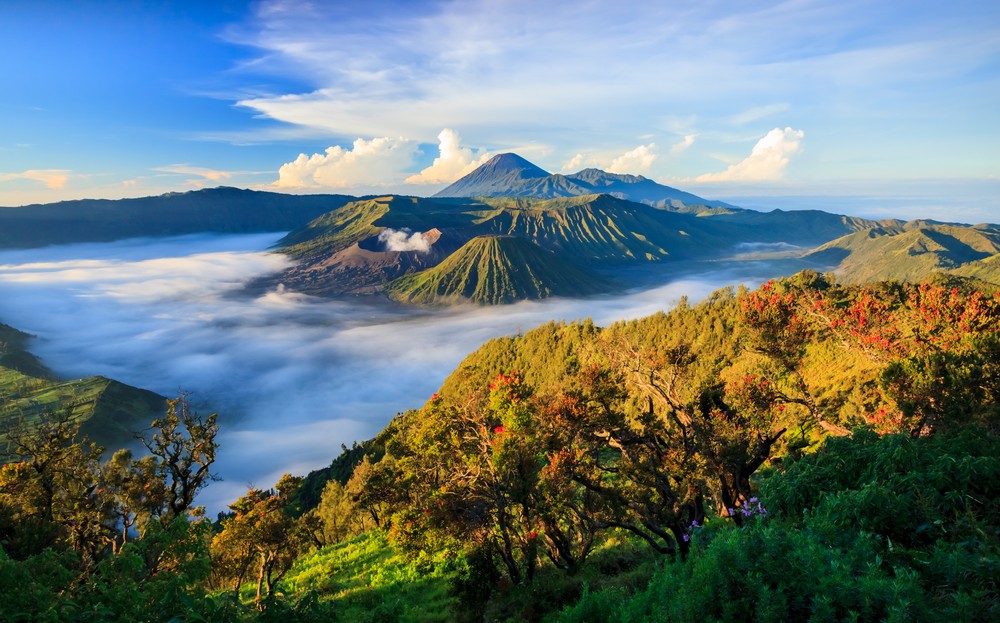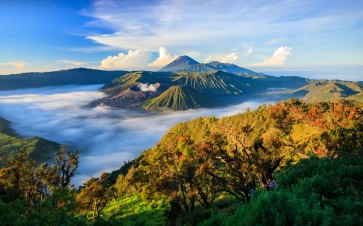Popular Reads
Top Results
Can't find what you're looking for?
View all search resultsPopular Reads
Top Results
Can't find what you're looking for?
View all search resultsEDITORIAL: Love our Earth
The absence in Indonesia of a “March for Science,” the landmark of this year’s Earth Day, does not necessarily reflect the country’s ignorance of the environmental disasters facing the world.
Change text size
Gift Premium Articles
to Anyone
U
nlike in over 600 cities around the world, where scientists, doctors, engineers and science lovers alike took to the streets on Saturday to celebrate Earth Day, people throughout most parts of Indonesia gave the international event a miss. Perhaps this was because the commemoration took place on a long weekend, which, for many in country, is traditionally a time for family outings.
However, amid the generally quiet observance of Earth Day, hundreds of people from Kalilunjar village in the Central Java regency of Banjarnegara, plunged themselves into a muddy pond to express their love for the Earth. Led by village head Slamet Rahardjo, the residents then walked to Asmara Situk hill, 1,500 meter away, to plant trees.
Elsewhere in the East Nusa Tenggara (NTT) capital of Kupang, the Indonesia Forum for the Environment (Walhi) organized a fishing boat festival to raise public awareness of the environmental degradation facing coastal areas and small islands, while Bandung Mayor Ridwan Kamil ordered the local housing, land and park agency to do more to protect trees across the city.
Of course, the absence in Indonesia of a “March for Science,” the landmark of this year’s Earth Day, does not necessarily reflect the country’s ignorance of the environmental disasters facing the world. Indonesia has joined global efforts in the fight against climate change, evidenced by its commitment at the the Paris climate conference in 2015, to cut greenhouse gas emissions by 29 percent by 2030, or up to 41 percent with the necessary foreign support, including technology and finance.
The government has also shown its supprt for local environmental protection, as evidenced by the formation of the Peatland Restoration Agency (BRG), tasked with providing oversight on a moratorium of peat forest clearing and the rehabilitation of burned peatland in Sumatra, Kalimantan and Papua.
Most recently the government raised the share of renewable energy in the nation’s electricity mix to 23 percent, up from 19.6 percent in 2015, in line with its commitment to the Paris Agreement.
However, the real test will come in the implementation and enforcement of these commitments. Unfortunately, within the energy sector, for example, a newly issued regulation discourages investment in the development of renewable energy sources, such as geothermal, as it requires private investors to cut production costs.


















